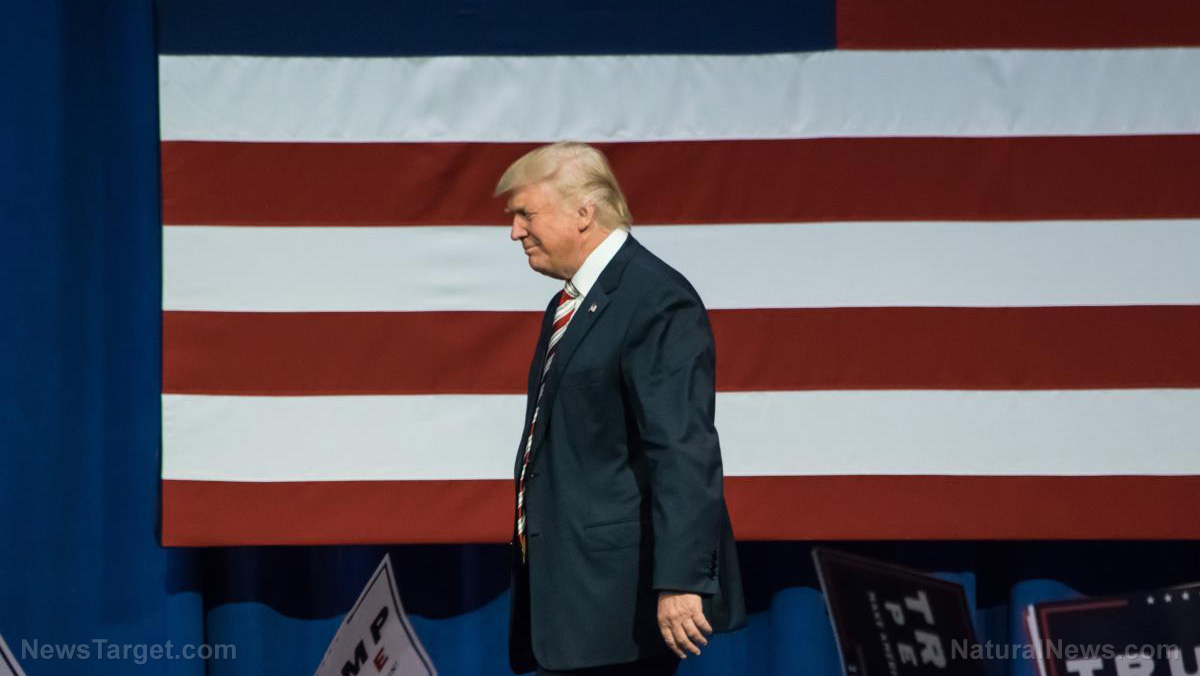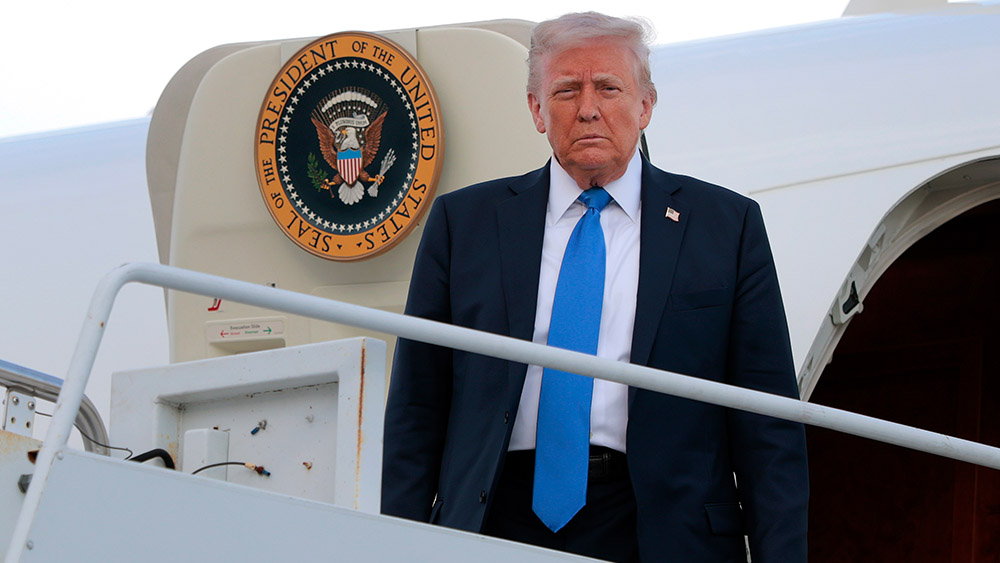 Parler
Parler Gab
Gab
- U.S.-born workers gained 2.056 million jobs since January 2025; foreign-born employment dropped 543,000.
- Trump administration attributes gains to immigration enforcement and economic policies favoring native workers.
- June 2025 data marks fourth consecutive month of job growth exceeding forecasts.
- Sector growth concentrated in healthcare, education and government; private sector sectors lagged.
- Critics warn of labor shortages in construction and agriculture as foreign-born workers exit workforce.
Policy-driven transformation: Immigration crackdown sparks economic shift
The administration attributes the reversal to aggressive implementation of its “America First” agenda. The Trump era has seen dramatically increased workplace immigration enforcement, including raids targeting employers of unauthorized workers and stricter eligibility checks. White House officials argue this has incentivized businesses to hire native-born Americans, who now dominate job growth. The report coincided with record-monthly deportations: 188,000 unauthorized immigrants removed in June, a 55% increase over January’s totals. Employers across industries face heightened penalties for non-compliance, with companies like Amazon and Tyson Foods recently restricting hiring of non-citizen applicants. However, critics contend the crackdown exacerbates labor shortages in sectors reliant on foreign-born workers, including agriculture and construction. A Bloomberg analysis warns 5% of the workforce—over 5 million workers—could exit labor markets in key industries, putting pressure on food production and infrastructure projects. “The administration’s singular focus on restricting immigration is creating new risks to economic stability, particularly in sectors that can’t function without immigrant labor,” said labor economist Dr. Maria Espinosa. “This isn’t just a demographic shift—it’s a redefinition of who participates in the U.S. economy.”Balancing gains and challenges: Sector shifts and economic uncertainties
While White House rhetoric centers on the 2.056 million native-born job gains, the report also highlights uneven sector growth and lingering weaknesses. Total nonfarm payrolls rose 147,000 in June, led by the nearly 200,000-worker surge in healthcare and educational services—a trend attributed to federal spending mandates for clinics and public schools. Yet the expansion was uneven. Private sectors outside healthcare faltered, with manufacturing and technology firms announcing 18,000 layoffs in June. Meanwhile, the unemployment rate dipped to 3.9%, near historic lows, but broader Labor Department metrics show rising hardship for foreign-born workers: about 820,000 filed for unemployment claims since January, many citing workplace crackdowns as cause. Soutbay Research analysts warned of fragility: “June’s strong headline numbers depend largely on volatile sectors,” including government jobs and public education. “A harsh winter season or federal funding lull could unravel progress.” Public sector dominance has also drawn scrutiny, with critics questioning the sustainability of government-linked employment in a 13th consecutive month of economic expansion.The road ahead: Legislative hopes and the “One Big Beautiful Bill Act” early test
The Biden-era Paycheck Protection Program’s expiration and a contentious debate over the “One Big Beautiful Bill Act” loom large over Trump’s economic agenda. The proposed law would formalize policies to restrict foreign labor and expand vocational training for Americans, a pillar of the administration’s jobs strategy. “Once Congress passes the One Big Beautiful Bill, these numbers will explode,” Leavitt declared, predicting a 30% acceleration in job creation by 2026. The act faces fierce opposition, notably from Republican moderates wary of labor shortages stifling economic growth. As the 2026 elections approach, the report’s triumphs and tensions reflect deeper ideological divisions. For the Trump team, the 200,000-plus monthly native-born gains since January 2025 vindicate the central campaign pledges of an economy “built for Americans first.” Yet as sectors like agriculture reel, the debate over whether that approach serves all Americans continues apace.A prosperous future
June’s jobs data highlights a historic shift toward prioritizing American workers, directly reflecting policies championed by the Trump administration to reclaim control over our workforce. These measures, which prioritize domestic labor over outsourcing and restrictive trade deals, signal a vital step toward reversing decades of wage stagnation and job displacement caused by flawed immigration practices and globalist agreements. As Congress advances the One Big Beautiful Bill Act, the labor market’s evolution underscores the imperative to prioritize U.S. sovereignty and fairness for working families. By curbing reliance on foreign worker visas, securing borders and renegotiating trade terms that favor American industries, policymakers have laid the groundwork for a economy that rewards hardworking Americans—ensuring long-term prosperity rests on a foundation of domestic strength, equitable wages and a clear focus on who matters most: the people of this nation. Sources for this article include: YourNews.com FoxBusiness.com FastBull.comDOGE cancels 230 contracts worth $2.8 billion to cut waste, saves $407 million
By Laura Harris // Share
FDA ends exemptions for small shipments, tightens oversight on ALL IMPORTS
By Laura Harris // Share
ICE arrests dozens of illegal immigrants convicted of heinous sex crimes, DHS confirms
By Laura Harris // Share
Trump announces 30% tariffs on imports from Mexico and EU
By Laura Harris // Share
Governments continue to obscure COVID-19 vaccine data amid rising concerns over excess deaths
By patricklewis // Share
Tech giant Microsoft backs EXTINCTION with its support of carbon capture programs
By ramontomeydw // Share
Germany to resume arms exports to Israel despite repeated ceasefire violations
By isabelle // Share










